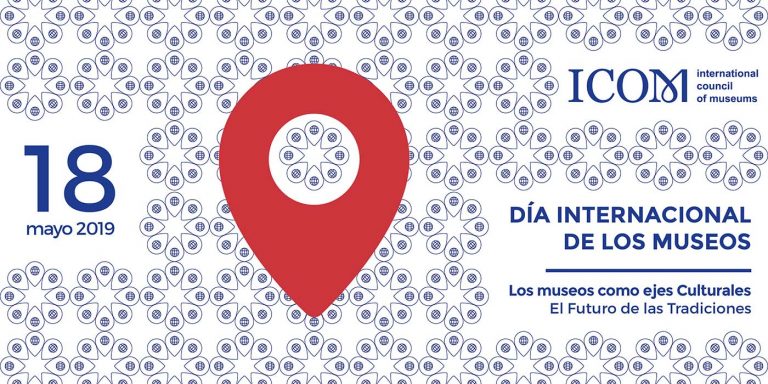When you go to a museum you channel energies from the past, you breathe wisdom and travel, without having to travel to distant places, through the history of humanity. The same of natural sciences, social, civil engineering, that of universal art each room prints real images that offer the possibility of being a participant and carrier of those memories that are kept.
The origin of these exciting places goes back to the ancient world where they were used as the sacred site of the muses, which are identified as goddesses of memory. Based on this idea, the Egyptians built buildings dedicated to the development of all sciences and that also served for the gatherings of the literati and sages who lived in those places under the patronage of the State; where an important library was also formed.
The word museum is known with another accession for the Latin writers; and this is due to the fact that this was called in Roman antiquity some caves with special characteristics, located within the villas, where their owners retired to meditate.
If history is about …
For the Middle Ages churches and monasteries preserved valuable statues, jewels, manuscripts and religious relics. Then arose the galleries and cabinets in which it was usual to exhibit sculptures and paintings on easels in long halls, palaces or residences of the most powerful.
For this reason the term art gallery began to be used to refer to a place where these works were hung or arranged for the enjoyment of locals and foreigners.
Traveling through the fascinating history of museums reveals that the first moderns were established in Europe in the 18th century, and most of them came from large private or royal collections. Then they began to specialize in certain topics and areas.
Since 1977 …
Museums in their conception and consolidation have greatly grown over the centuries, so since 1977 the International Council of Monuments and Historic Sites (ICOM) has begun to organize the International Day of Museums annually as a unique opportunity to highlight the importance of these institutions to the service of society and its development.
May 18 was the date chosen, thereafter, to sensitize the public around the world about the fact that museums are an important means for cultural exchanges, the enrichment of idiosyncrasies, the advancement of mutual understanding, the cooperation and peace among peoples.
In 2019 …
This year the International Museum Day 2019 will focus on the new roles that museums play as active actors in their communities. These are reinventing themselves to be more interactive, audience-centered, community-oriented, flexible, adaptable and mobile.
They have become cultural hubs that function as platforms where creativity is combined with knowledge and where visitors can co-create, share and interact.
Acting locally, museums can also defend and mitigate problems on a global scale, proactively facing the challenges facing our society.
As institutions at the heart of their communities, they have the power to establish a dialogue between cultures, to build bridges for a peaceful world and to define a sustainable future. With that premise in the city of the clay pots all the museums will be opened to receive the public eager to know our history.
Logo taken from the Internet






